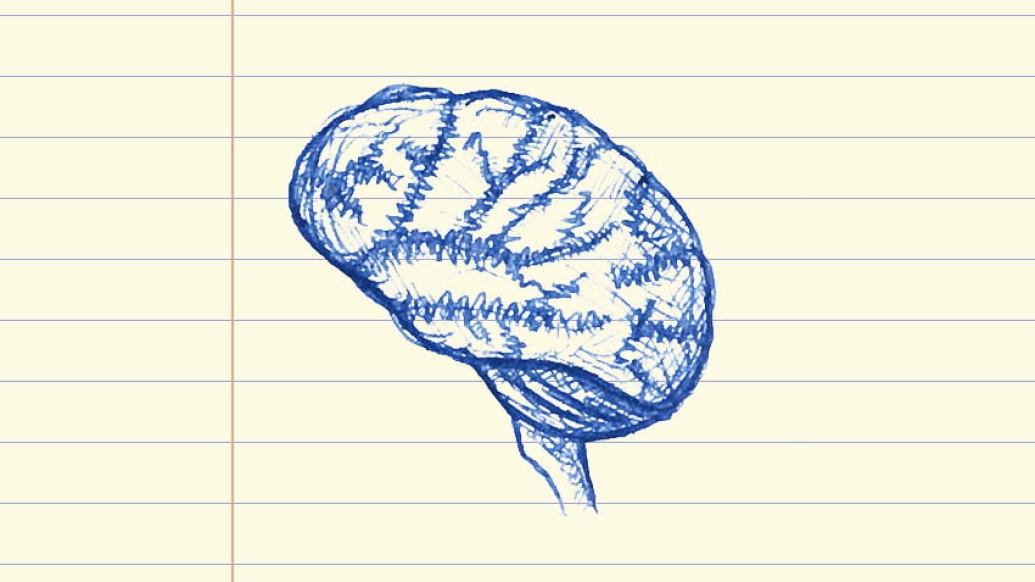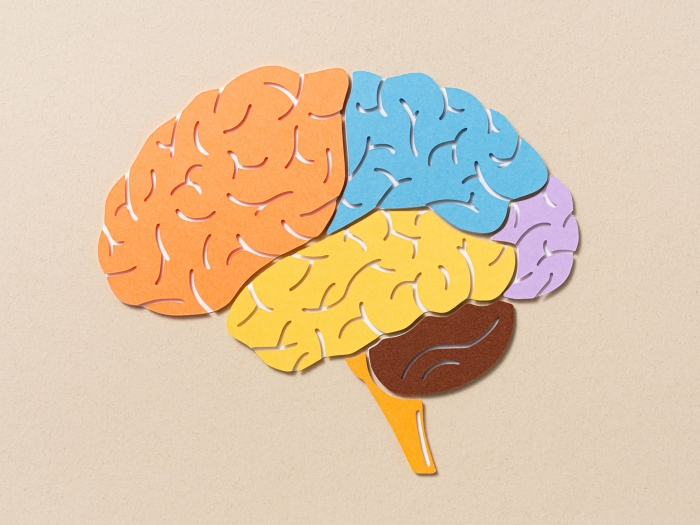Positive clinical trial points to possible additional option for patients with Lou Gehrig’s disease. A study investigator explains the excitement and the caution.
3:18 PM
Author |

A new drug combination could help slow the effects of amyotrophic lateral sclerosis, or ALS, on patients' day-to-day ability to function, such as eating independently, walking and speaking.
"ALS is a disease where the motor neuron cells die, and the hope with this drug is, if given early, it may slow the death of these motor neuron cells that lead to weakness and progression of ALS," says Stephen Goutman, M.D., director of the Michigan Medicine Pranger ALS Clinic and one of the researchers who led a trial site for the drug.
ALS, also known as Lou Gehrig's disease, is fatal, so any new treatments offer hope for those living with the disease.
"This is an exciting study and I'm glad we could allow our patients at the Pranger ALS Clinic to participate," Goutman says. "However, the need for a cure still exists and we remain committed to continuing this work."
SEE ALSO: 5 Things to Know About ALS with Stephen Goutman, M.D.
Researchers enrolled 137 patients with ALS in this clinical trial, known as CENTAUR and funded in part by pharmaceutical company Amylyx. Eighty-nine people received the drug, a combination of sodium phenylbutyrate and taurursodiol known as AMX0035, and 48 people received a placebo.
After 24 weeks of treatment, all participants saw a progression in their disease. However, those receiving the drug, on average, had a decline that was 2.3 points less than those on placebo when measured on a 48-point scale of daily function in ALS known as the Revised ALS Functional Rating Scale (ALSFRS-R). In an accompanying editorial, the authors describe the effect as an incremental gain in the battle against ALS.
"We are really in desperate need of finding new therapies for people with ALS to slow the disease down," Goutman says. "The ultimate goal is to find a drug to stop and reverse disease, but in the meantime, to benefit our patients, anything that slows disease progression is valuable. It's welcome news to find a drug with a disease modifying effect in a certain group of participants because we have very few other options that meet this clinical demand."
SEE ALSO: Early Pesticide Exposure Contributes to Faster ALS Progression
Of note, participants had to be within 18 months of symptom onset to qualify for the study; thus, the researchers don't know how the drug would impact those whose disease had further progressed before starting it, Goutman says.
AMX0035 is not currently available to participants outside of the clinical trial.
Paper cited: "Trial of Sodium Phenylbutyrate–Taurursodiol for Amyotrophic Lateral Sclerosis." New England Journal of Medicine. DOI: 10.1056/NEJMoa1916945.

Explore a variety of health care news & stories by visiting the Health Lab home page for more articles.

Department of Communication at Michigan Medicine
Want top health & research news weekly? Sign up for Health Lab’s newsletters today!





